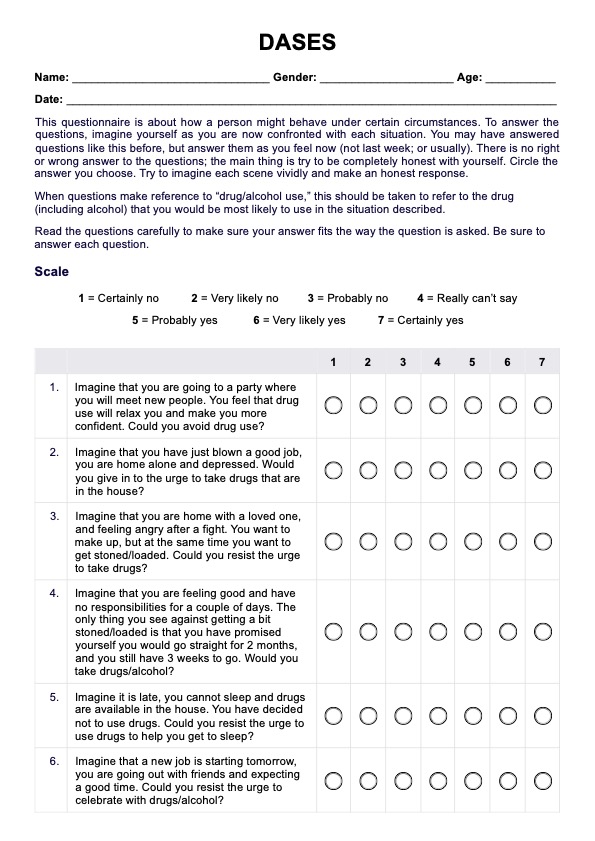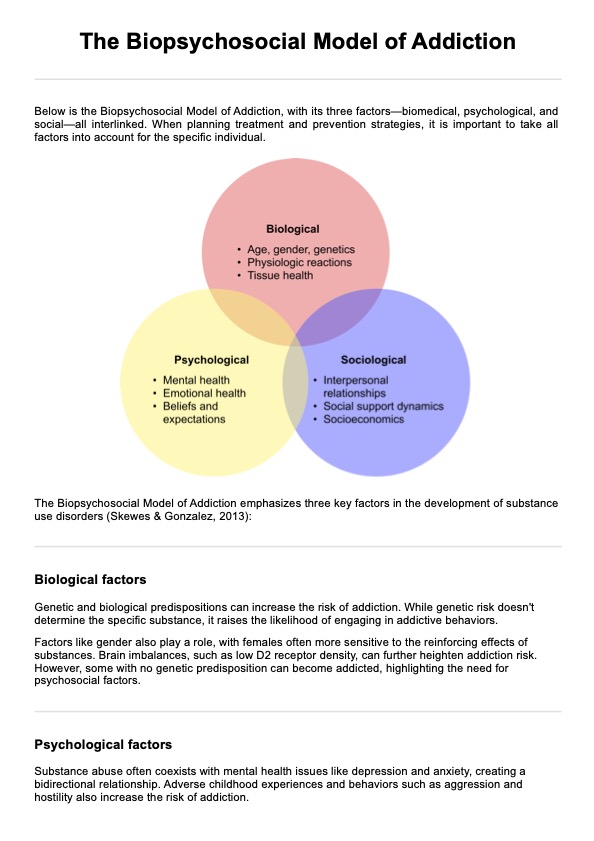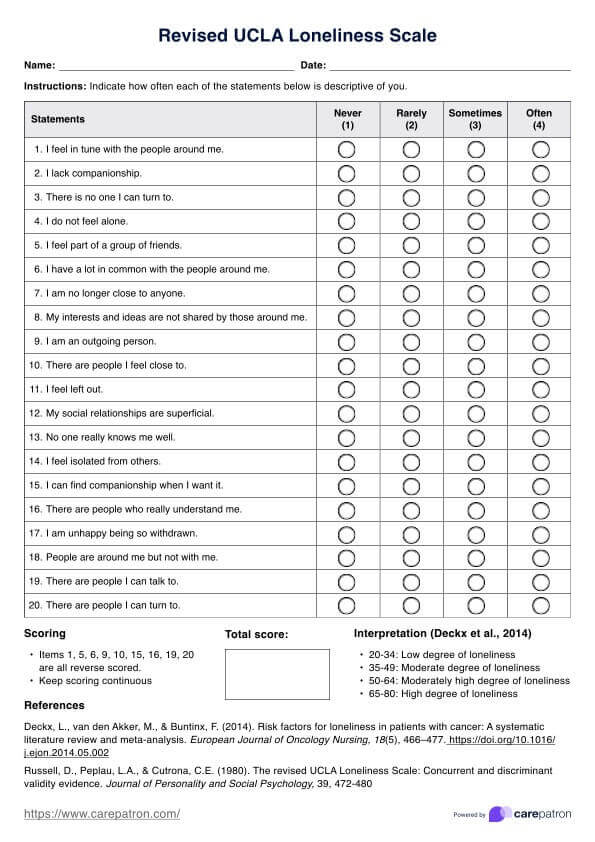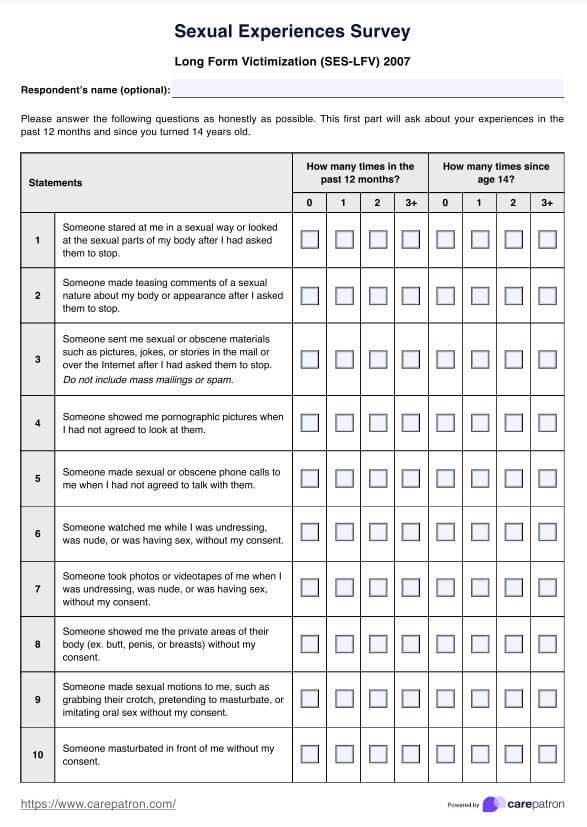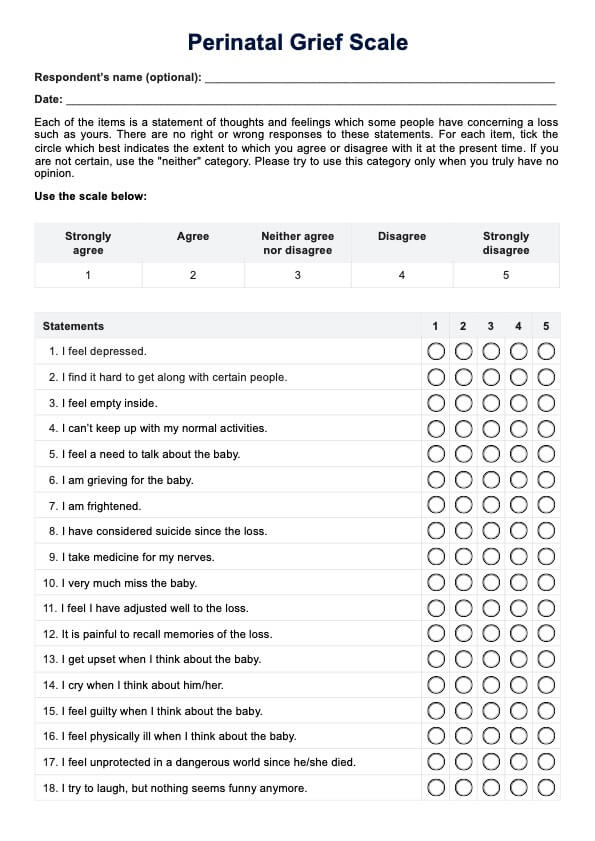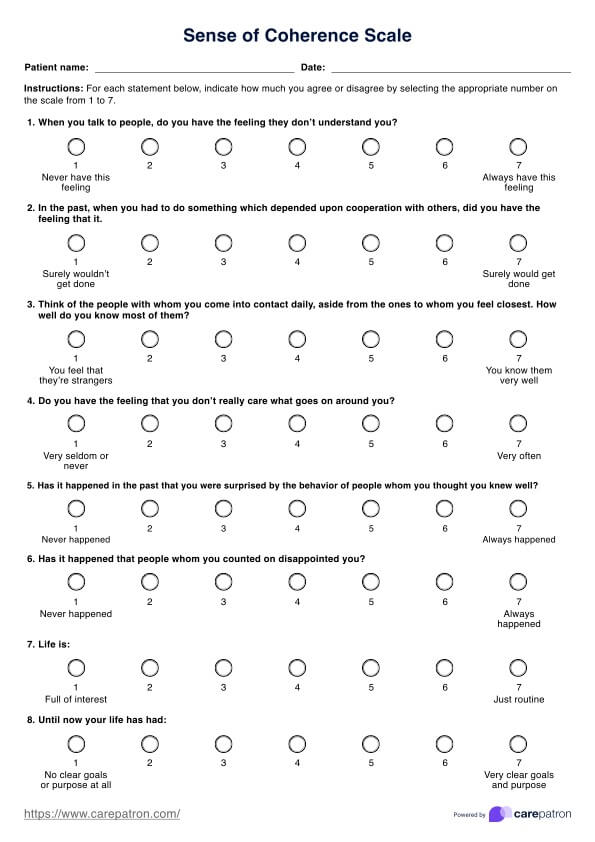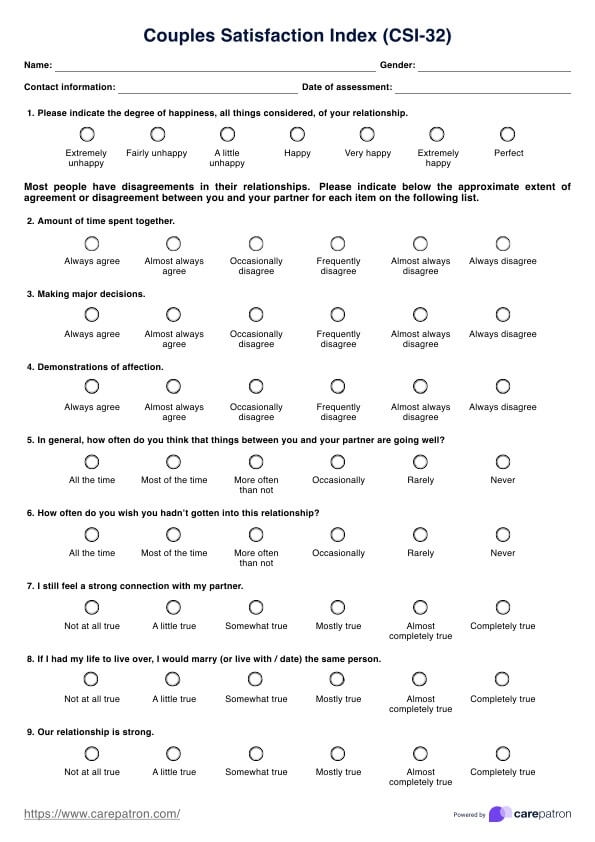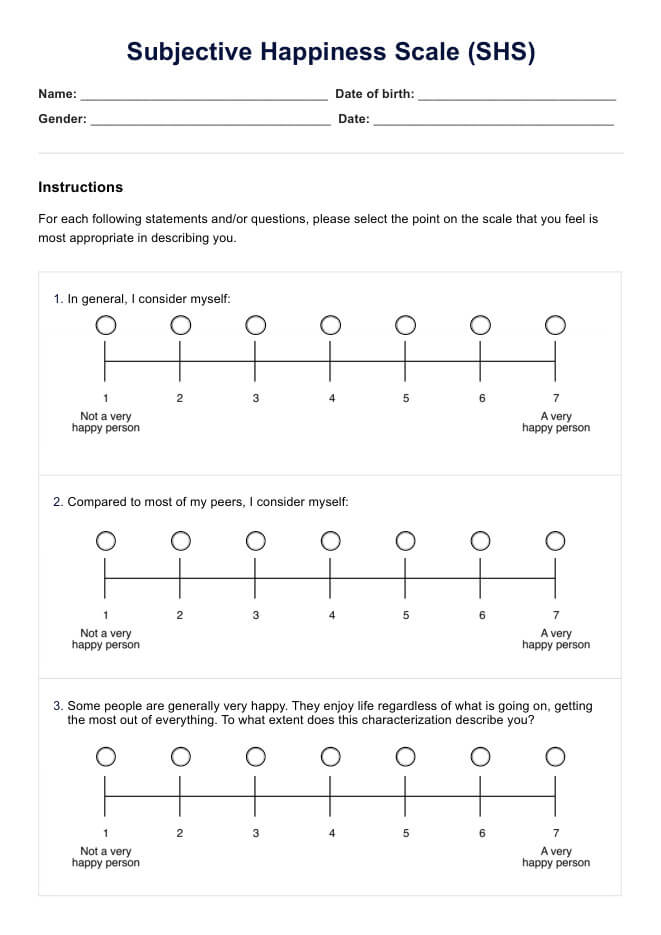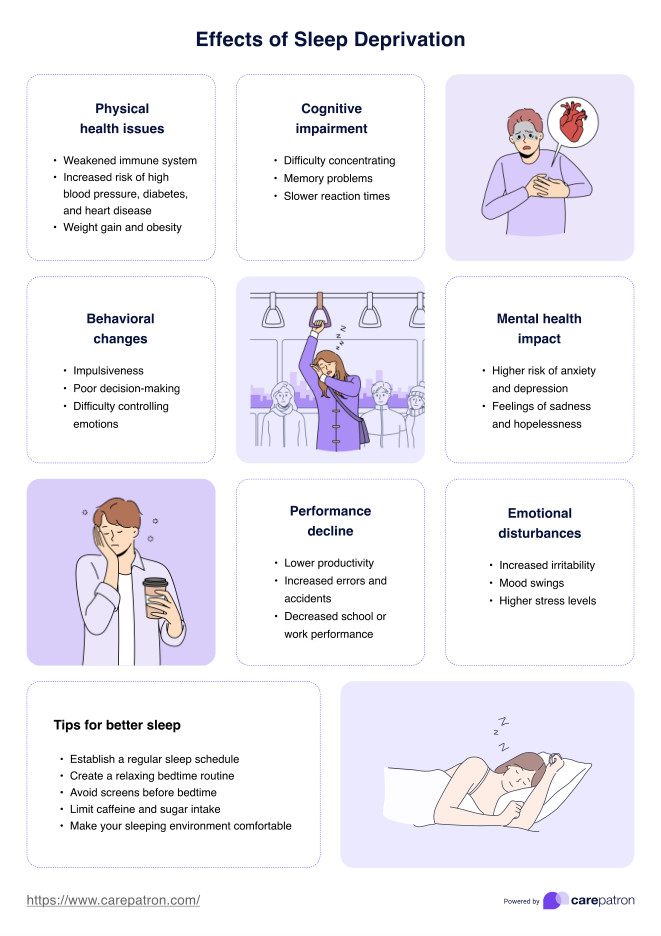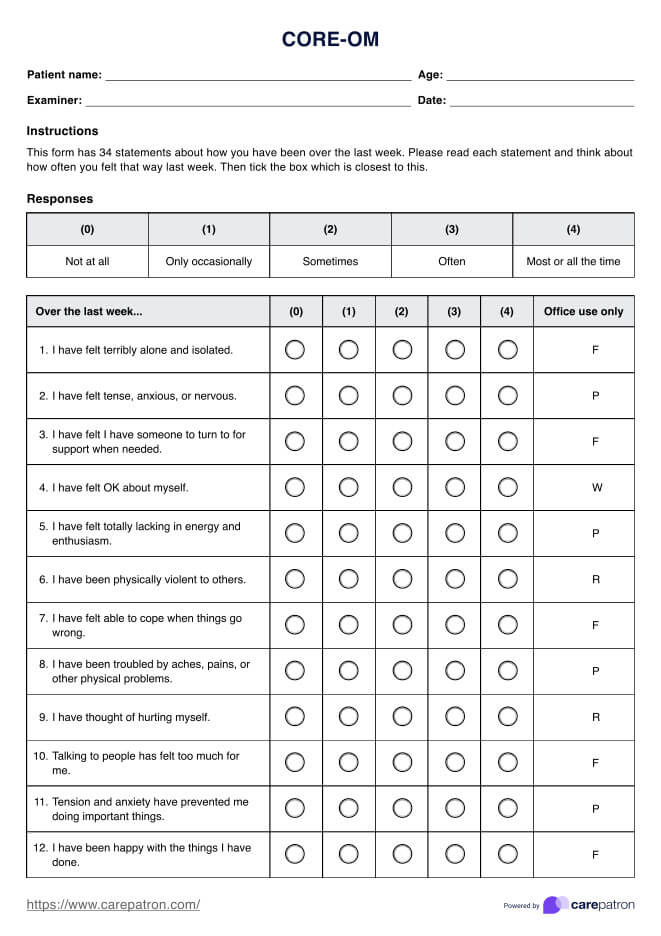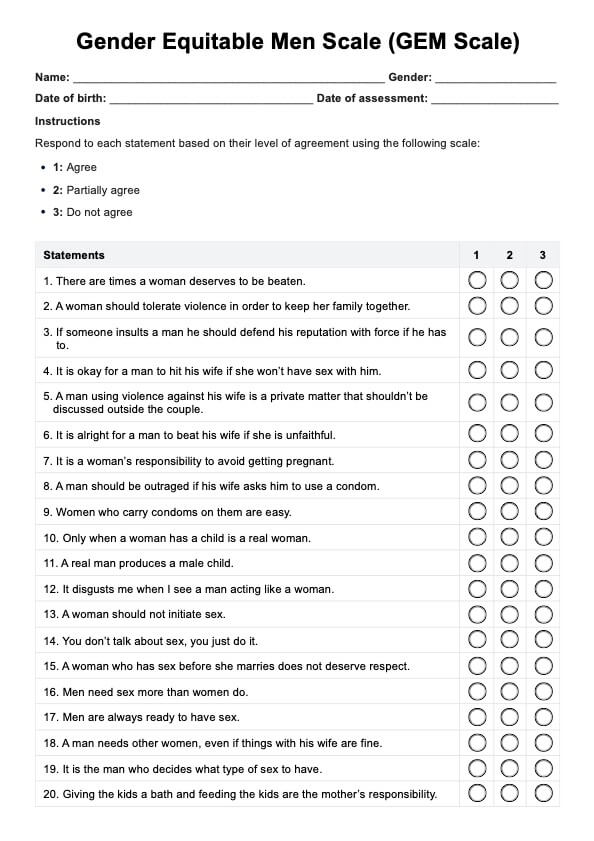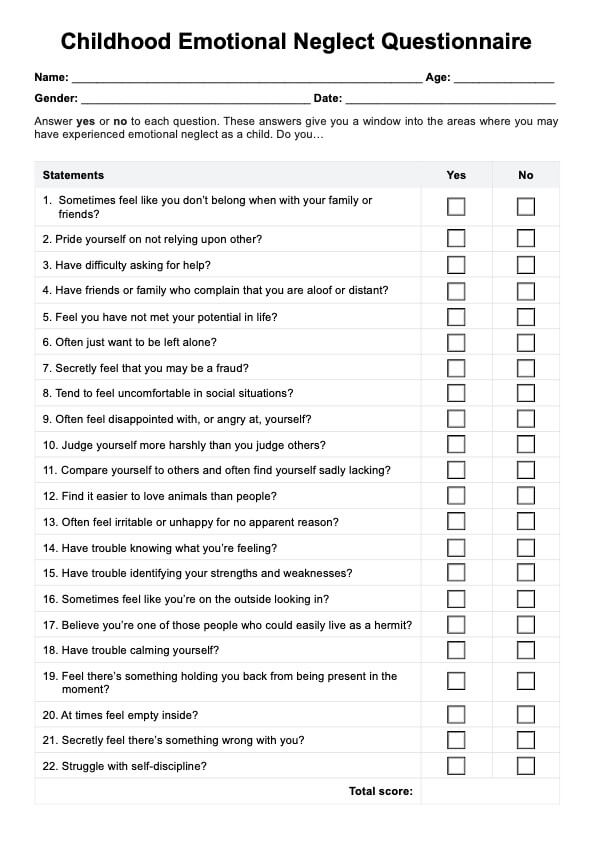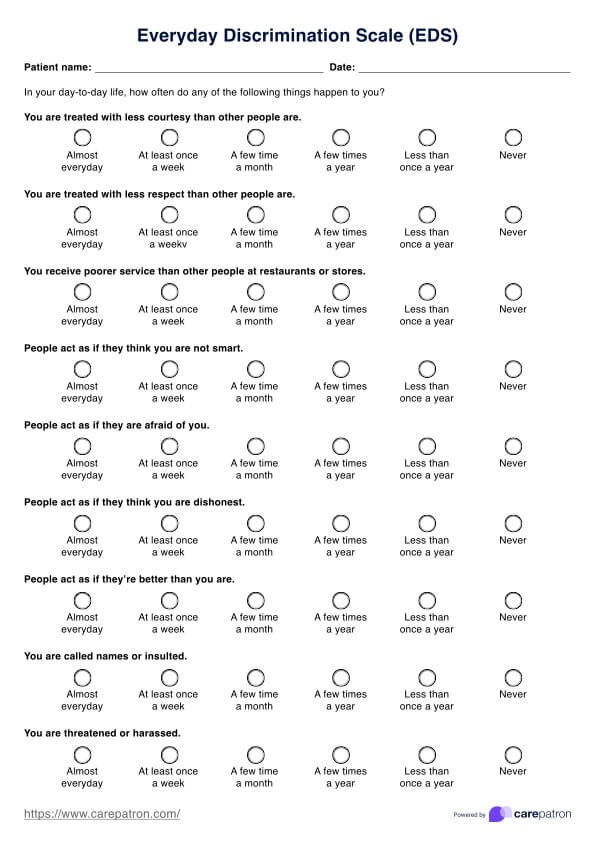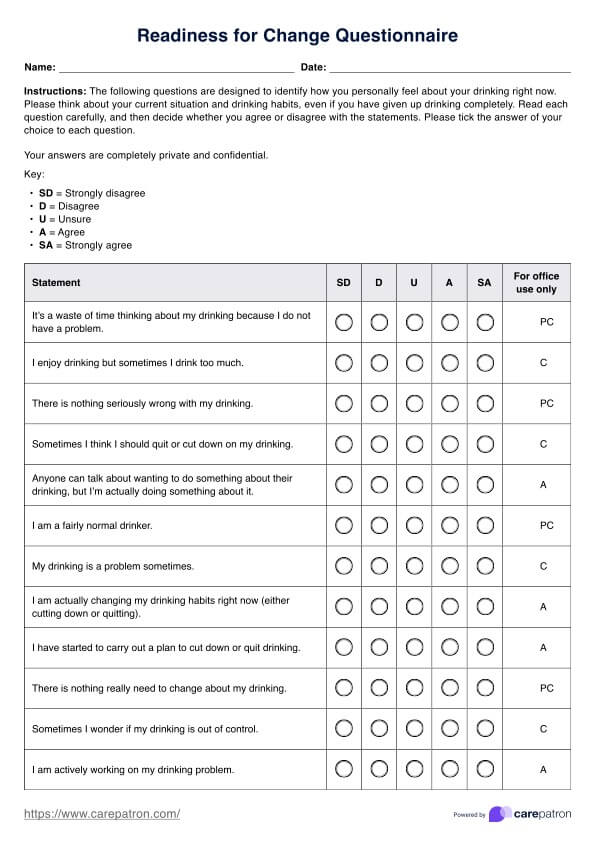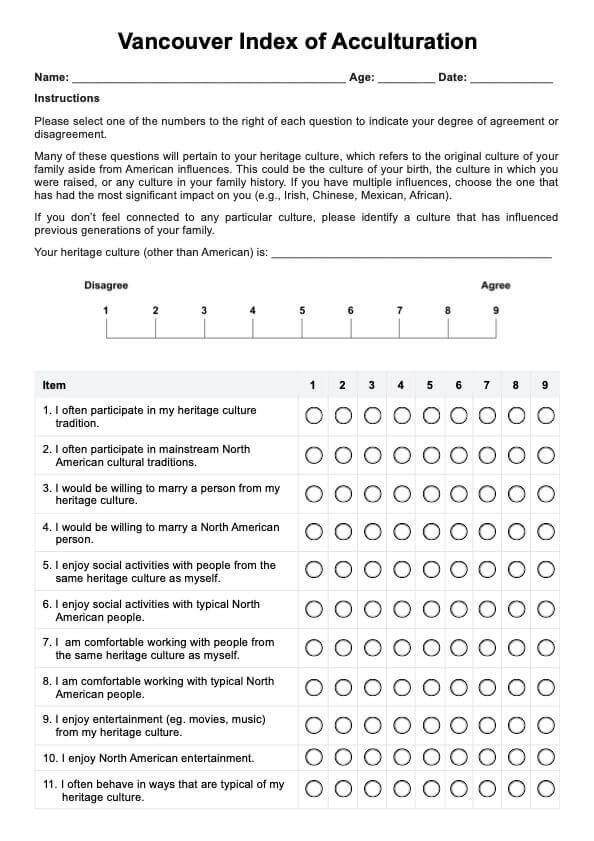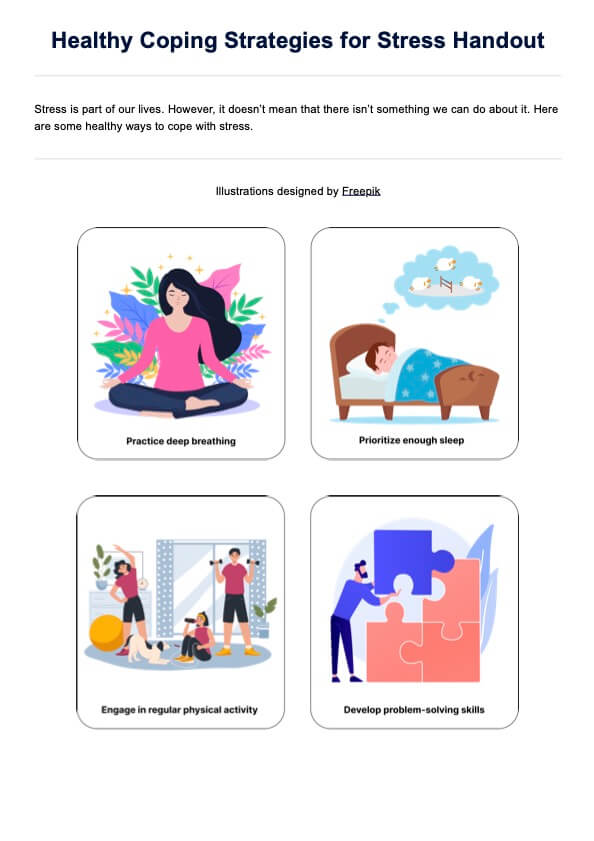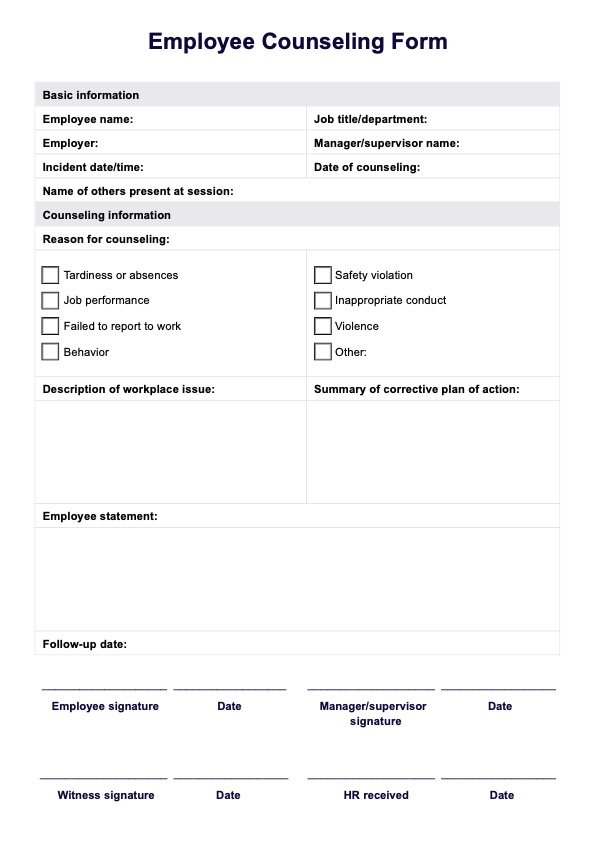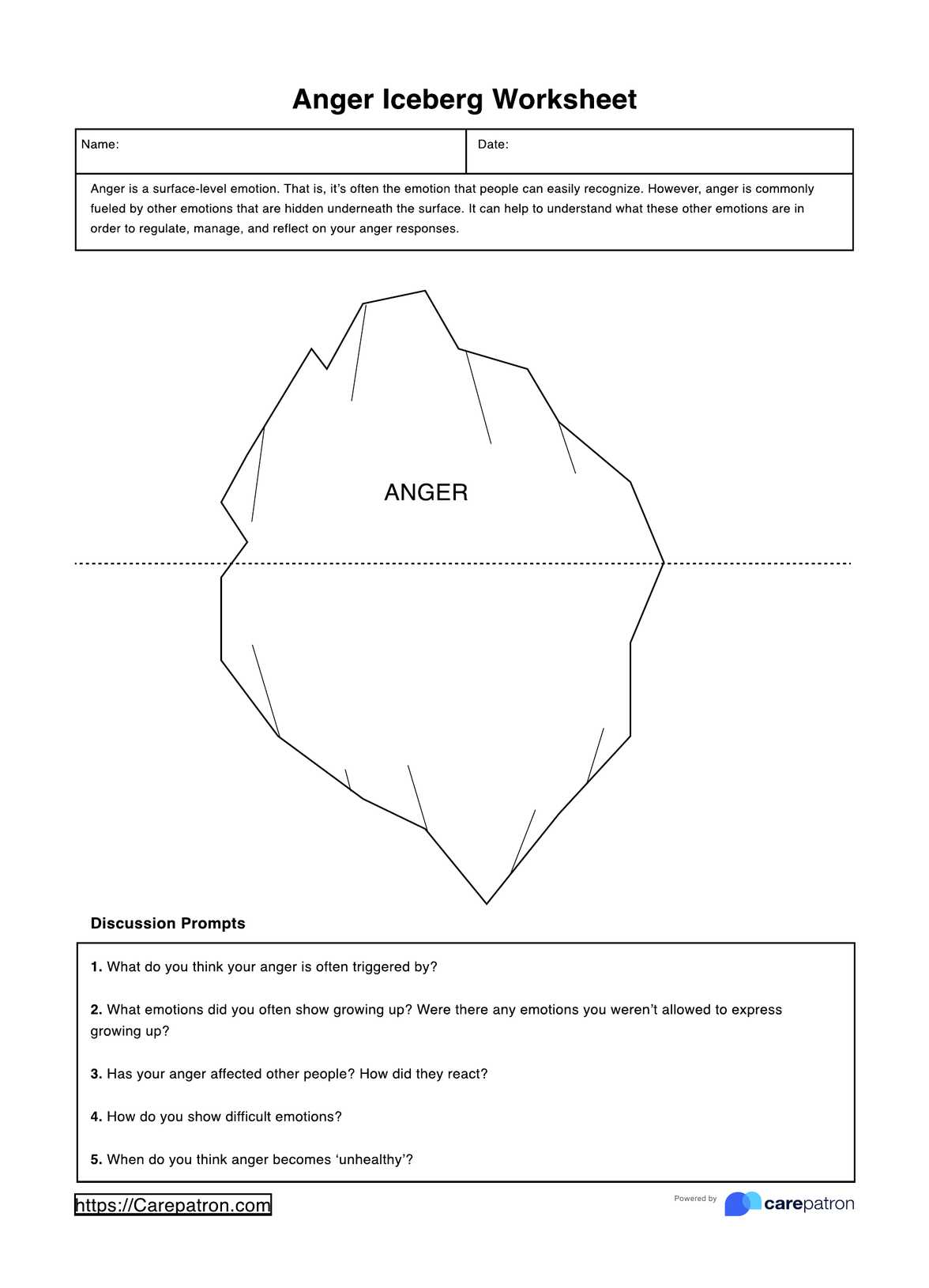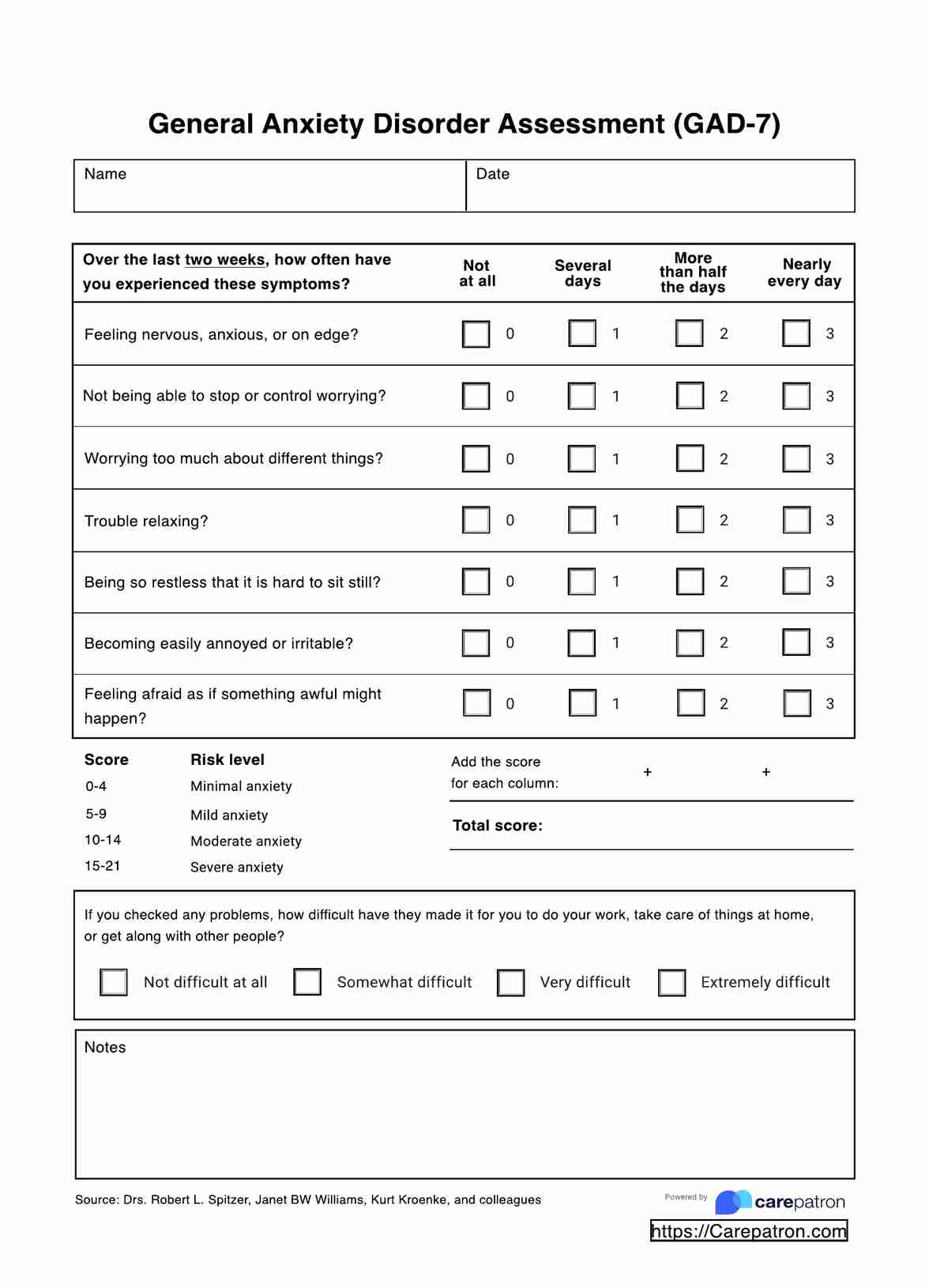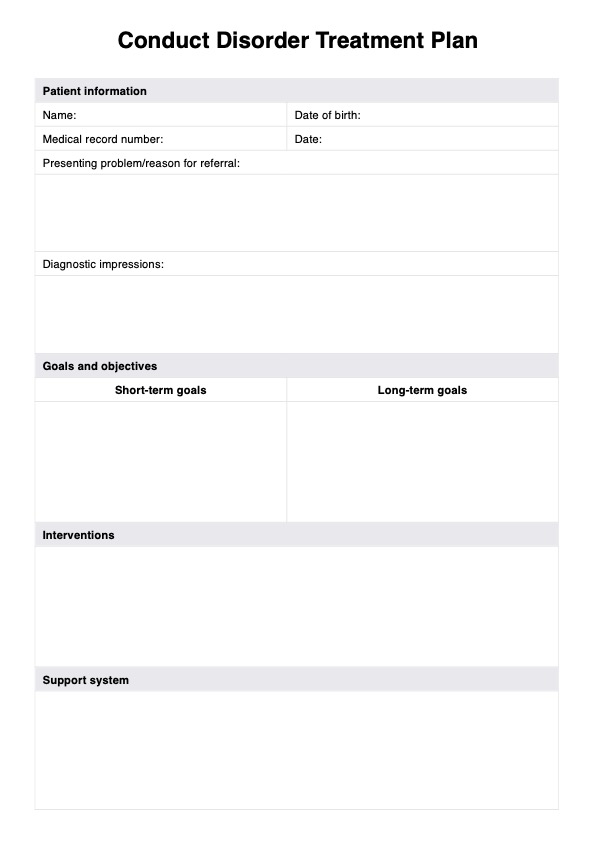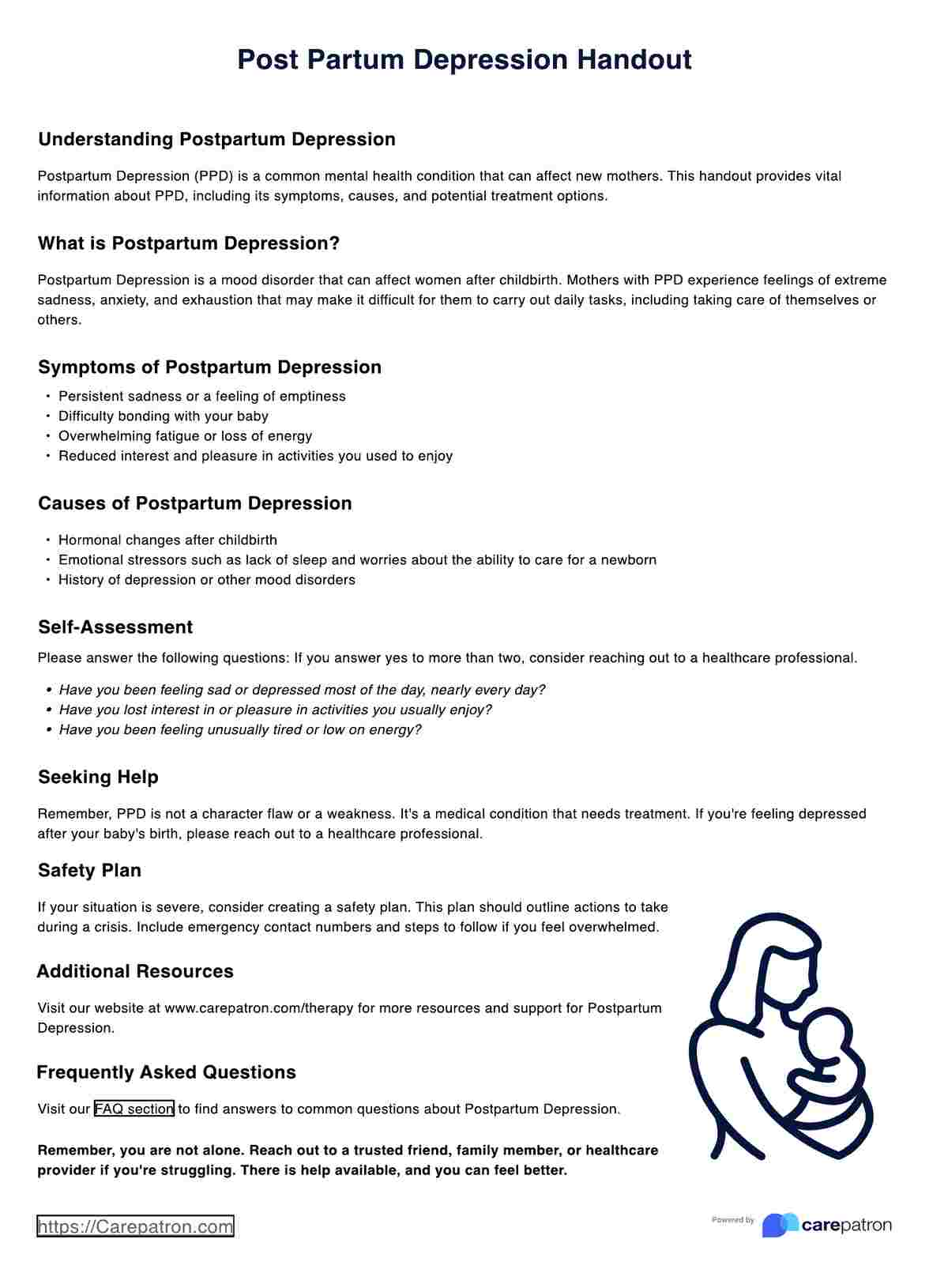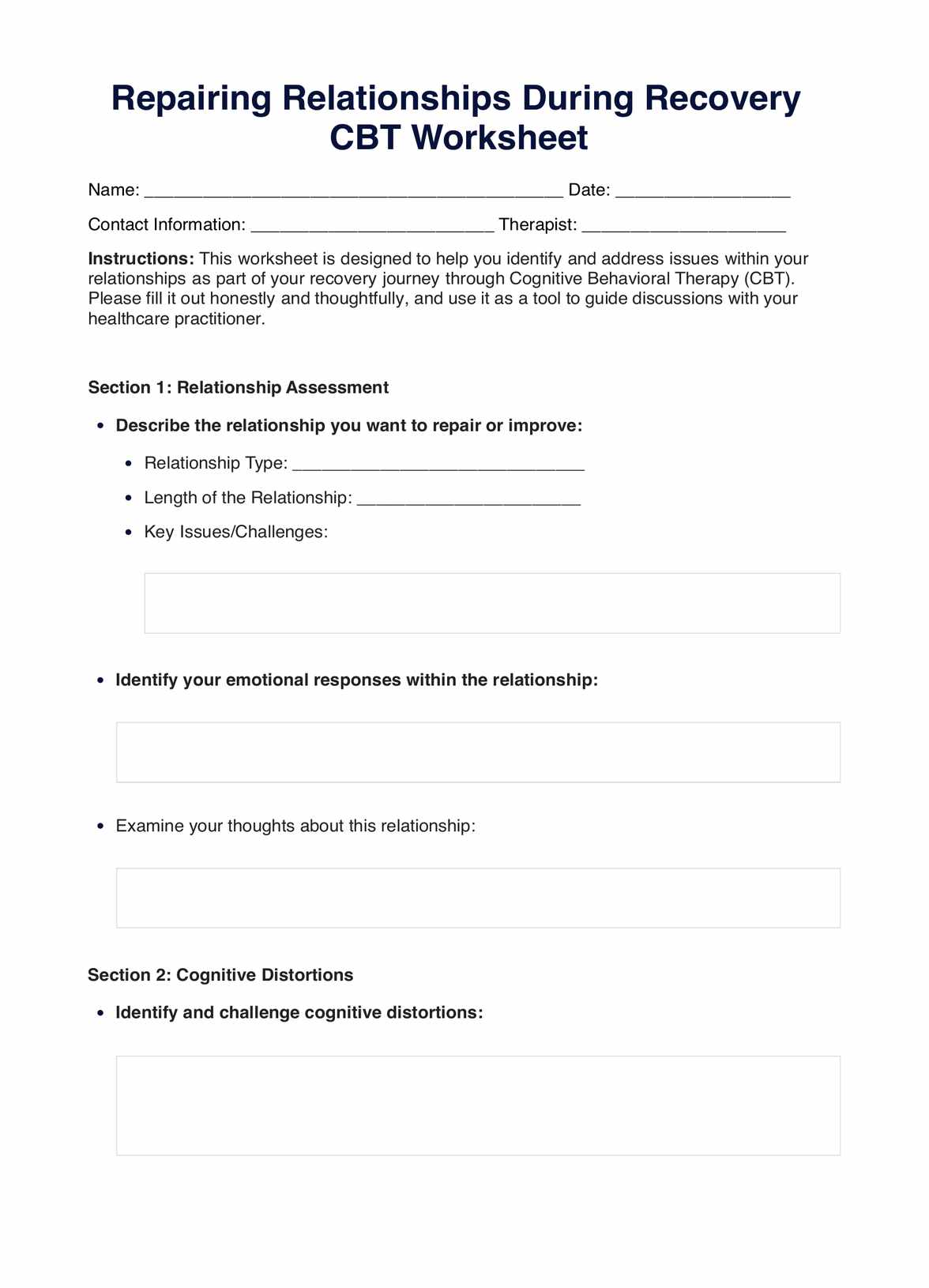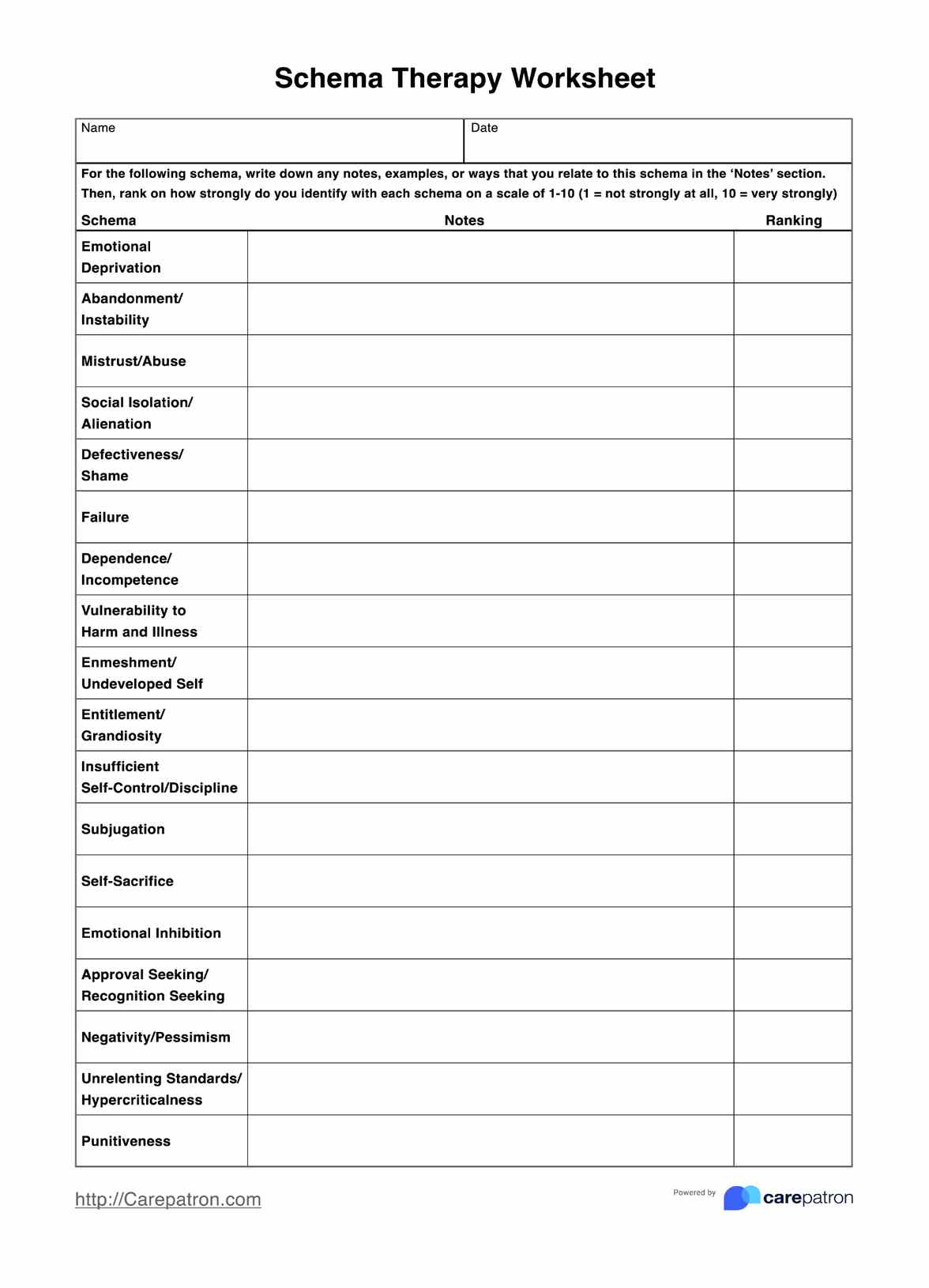Drug And Alcohol Assessments
Explore the effectiveness of Drug and Alcohol Assessments through comprehensive screening, evaluation, & treatment planning, leading to successful recovery.


What is a Drug and Alcohol Assessment?
Drug and alcohol abuse, also known as substance use disorder, is a persistent condition where individuals struggle to control their drug and alcohol consumption despite experiencing harmful consequences. Developing an appropriate treatment plan tailored to the individual's needs is crucial to address this abuse.
However, to craft a good treatment plan, a Drug and Alcohol Assessment or drug and alcohol evaluation must first be done. Healthcare professionals, counselors, or addiction specialists often conduct this assessment. It typically involves two main steps:
First, healthcare professionals must gather detailed information about the individual's substance use patterns, behaviors, and the impact drugs and alcohol have on their lives.
Then, the practitioner will analyze and understand the underlying factors contributing to the individual's substance misuse. These factors can include stress, trauma, co-occurring mental health issues, family history of substance, environmental triggers, and social influences.
The assessment process provides a confidential and non-judgmental space for the individual to discuss their drug and alcohol use and related challenges openly. This open dialogue is essential to accurately understand the individual’s situation and craft an effective treatment plan.
Drug And Alcohol Assessments Template
Drug And Alcohol Assessments Example
How to conduct an alcohol assessment and drug evaluation?
Here is a typical outline of how a Drug and Alcohol Assessment is conducted:
Step 1: Obtain the assessment template
Begin by acquiring a Printable Drug And Alcohol Assessment template that serves as a 2-in-1 Drug and Alcohol Assessment. You can download one in this guide or access a copy through Carepatron's templates gallery.
Step 2: Encourage and provide support
Before your client completes the template, encourage them to provide honest and open responses and assure them that the assessment will remain confidential, ensuring a safe environment for sharing information. For those who require assistance, a healthcare professional can guide individuals through the alcohol and drug assessment template, clarifying doubts and providing support.
Step 3: Self-reflect and introspect
Have your clients answer the series of questions on the template, reflecting on their drug and alcohol consumption habits, the reasons for use, and any negative consequences experienced.
Step 4: Exploring family history and mental health
Explore the client's family history of substance abuse disorders and mental health background. Ask them to fill out the sections that inquire about these two to understand potential risk factors.
Step 5: Evaluation and recommendations
After completing the assessment, you must analyze the responses and determine the presence and severity of substance use disorders. Based on the findings, you may conduct more drug and alcohol evaluations and tests or proceed to craft the appropriate treatment and support recommendations provided.
When would you use this template?
A Drug and Alcohol Assessment can be utilized in various settings and scenarios:
Routine medical check-ups
Healthcare professionals, such as doctors, nurses, and other healthcare providers, can use the assessment during medical check-ins to help identify potential substance use disorders and devise treatment plans.
During counseling sessions
Mental health practitioners can integrate the assessment into their counseling sessions, especially when clients express concerns about drug or alcohol use. It aids in understanding underlying factors contributing to substance use and guides therapeutic interventions.
Evaluation process
Professionals specializing in addiction treatment can use the assessment as an initial step in their evaluation process. It helps determine the level of dependence and design personalized recovery programs.
Awareness or legal purposes
Professionals specializing in addiction treatment can use the assessment as an initial step in their evaluation process. It helps determine the level of dependence and design personalized recovery programs. Additionally, court-ordered drug assessments may be required for individuals with a criminal history or who were involved in legal issues related to substance use.
Benefits of using this template
Using a free Drug and Alcohol Assessment template provides numerous benefits for both individuals and practitioners:
- Early detection and intervention: Early identification of substance use disorders allows for timely intervention and prevents the problem from escalating into the patient having severe and life-threatening withdrawal symptoms.
- Personalized treatment planning: Comprehensive assessments, whose results enable practitioners to create personalized treatment plans, increase the likelihood of successful outcomes.
- Enhanced self-awareness: Individuals gain valuable insights into their substance use patterns and consequences, empowering them to make positive changes.
- Informed decision-making: Detailed assessment data helps practitioners make well-informed decisions about the appropriate level of care and support needed for each individual.
- Facilitating open dialogue: The assessment provides a structured platform for open and non-judgmental discussions about substance use issues, fostering trust and encouraging individuals to share their concerns.
- Monitoring progress: The assessment can be used periodically to track an individual's progress throughout their recovery journey.
Commonly asked questions
The Drug and Alcohol Assessment is used by healthcare providers, mental health professionals, and addiction treatment providers as a screening tool to assess severity and develop treatment plans for substance use disorders. Additionally, courts may order these assessments as part of probation or parole agreements, and employers may use them in pre-employment screening processes.
Drug and Alcohol Assessments are commonly used when patients present symptoms of substance use disorders, during treatment for mental health disorders with suspected substance use links, when evaluating individuals for addiction treatment, when considering candidates for jobs requiring a drug-free workplace, and upon the release of individuals from jail or prison.
The Drug and Alcohol Assessment process involves gathering information on substance use history, assessing mental and physical health, social and family functioning, and using this data to determine the severity of the substance use disorder and develop a treatment plan, monitoring the patient's progress over time.


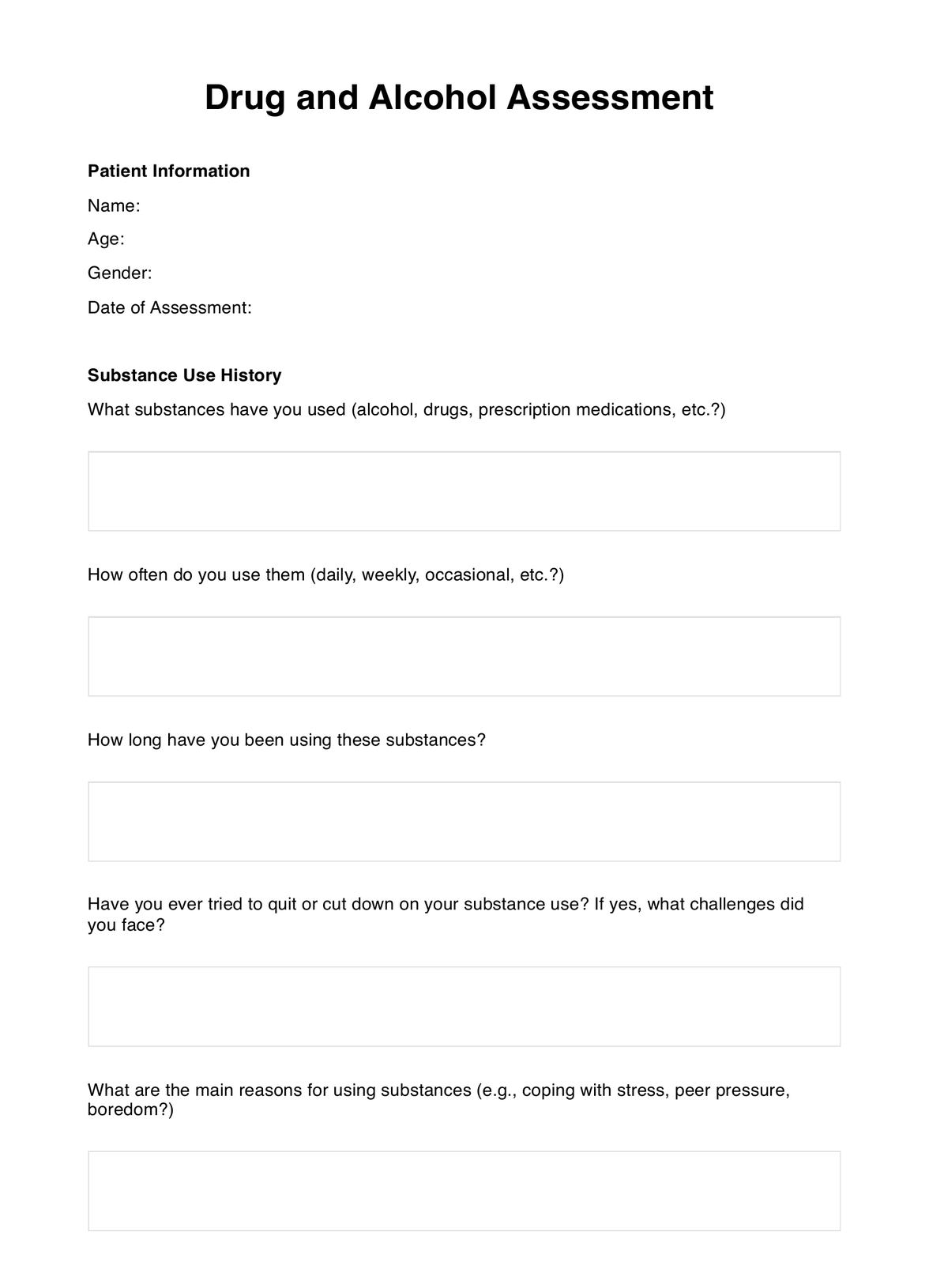
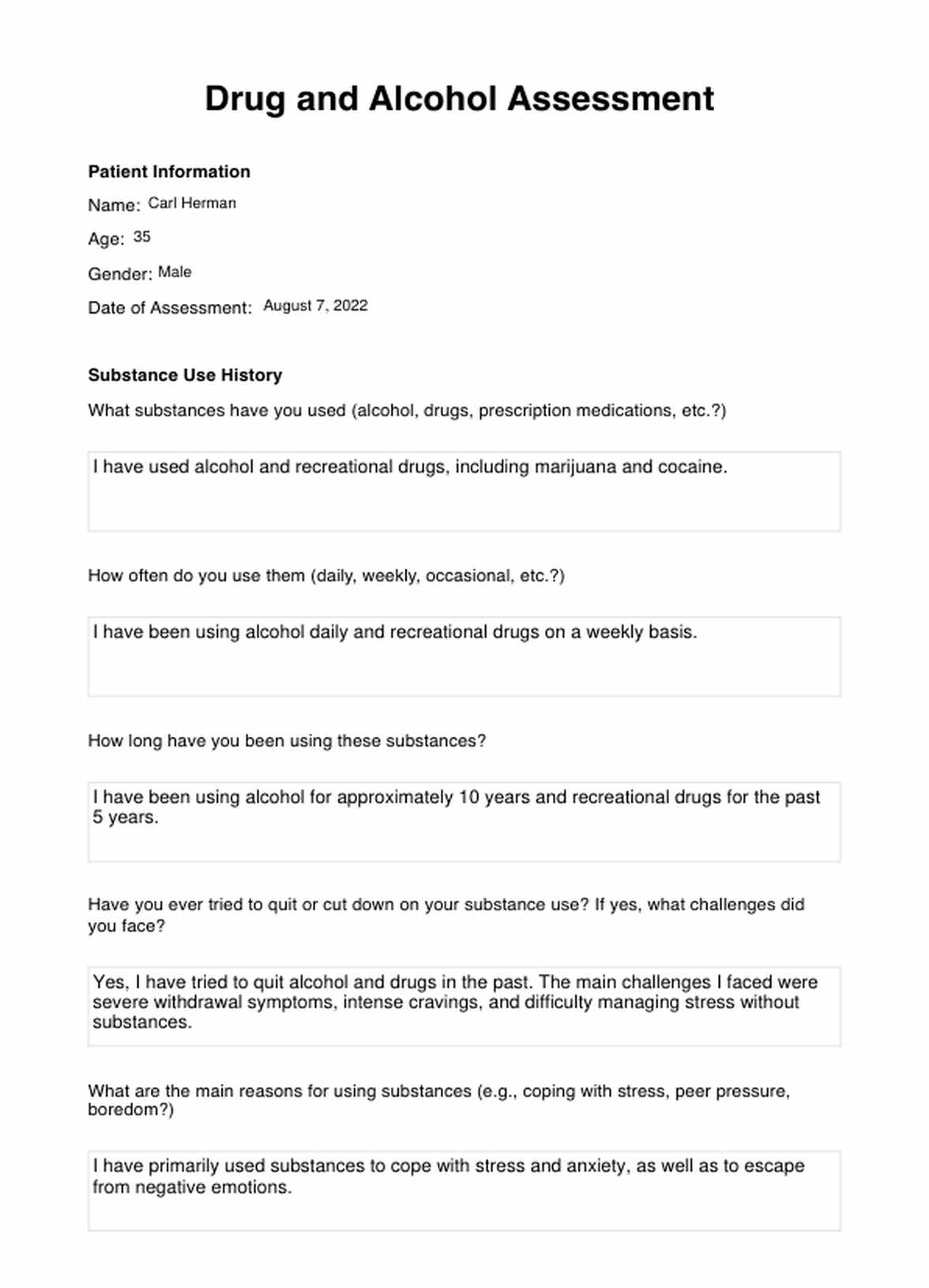

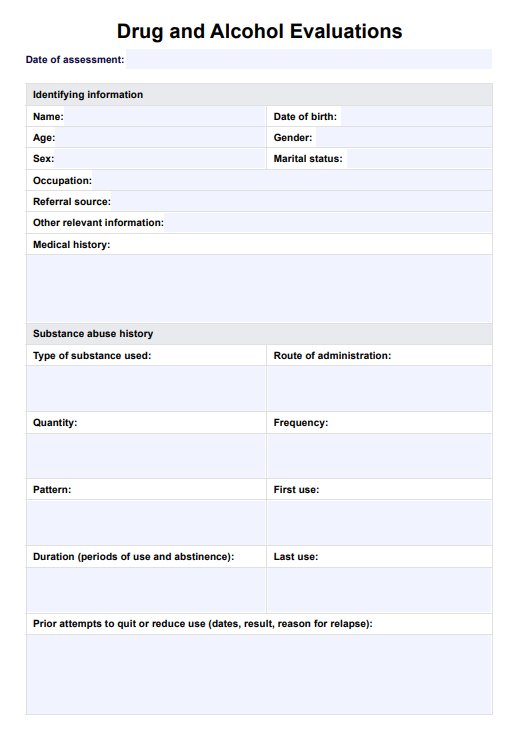
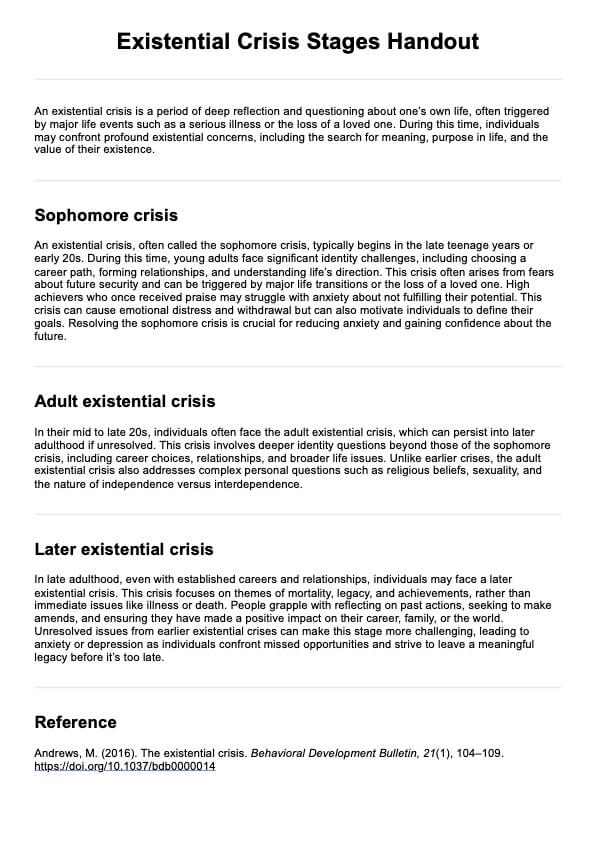
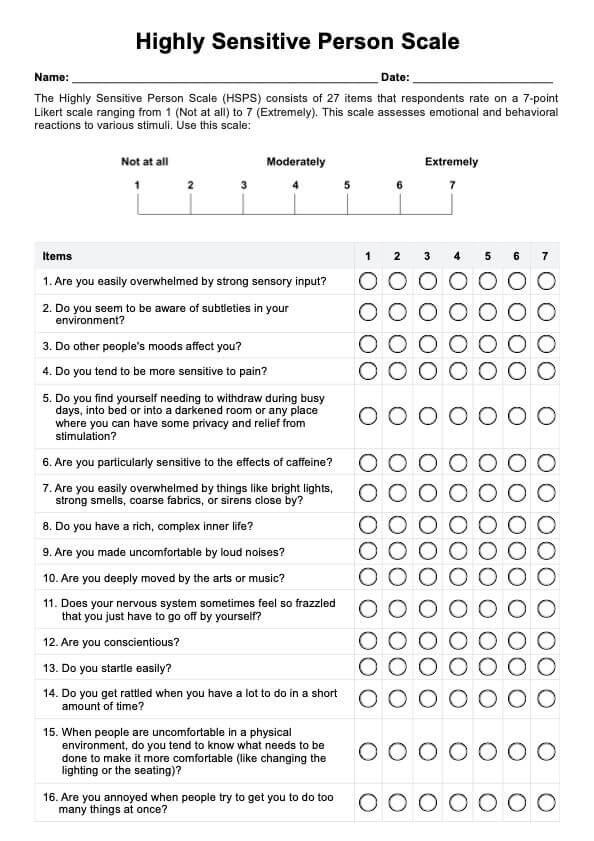










-template.jpg)


